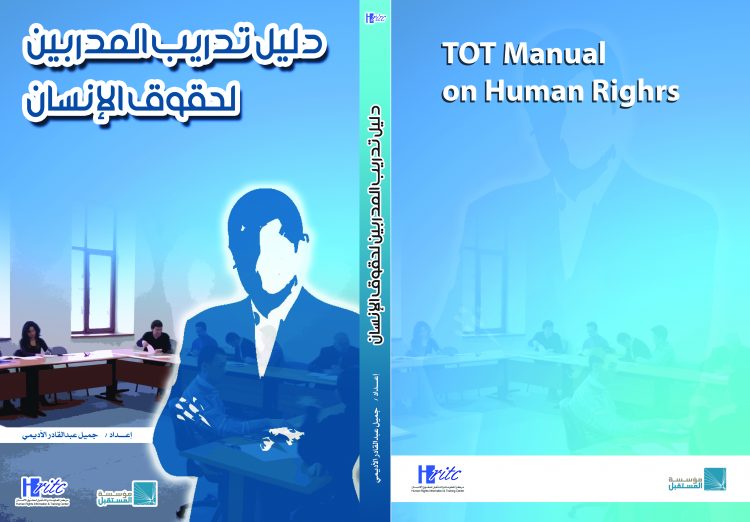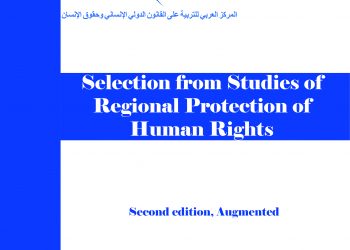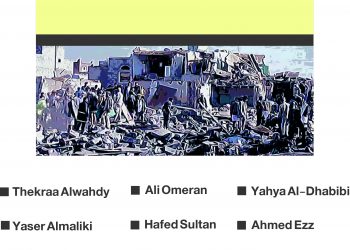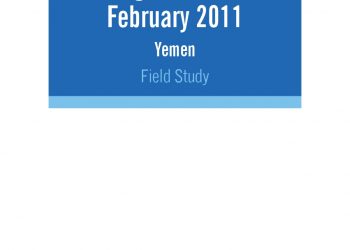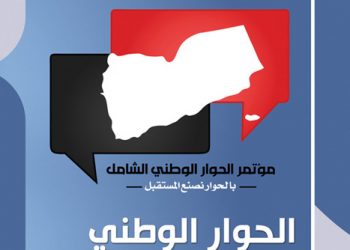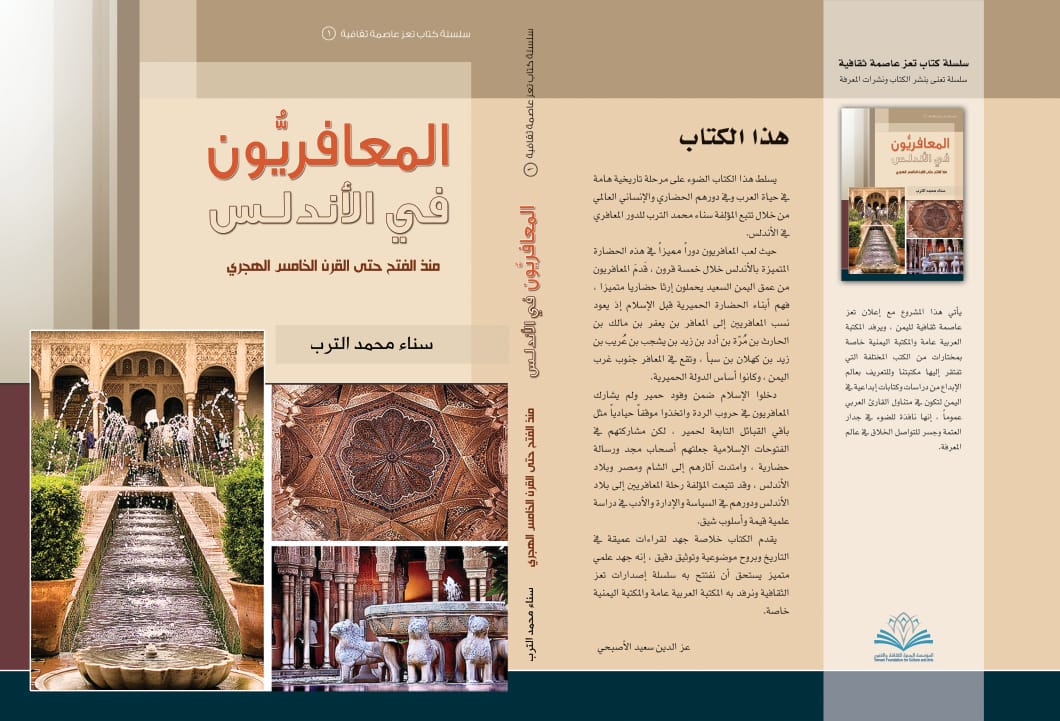The process of promoting awareness of human rights principles requires a sustained and sustained effort.
In our Arab region, it needs a double effort, believers that the process of protecting human rights principles,
Preserving his dignity requires a human awareness of and awareness of these principles so that we can defend them.
The task becomes even more enormous when activists and human rights defenders work in the midst of a society that does not realize these rights. Rather, it has a disorganized awareness about it by virtue of the accumulation of historical injustice that has earned him a different awareness even of his rights.
Hence, we realize that the first step for defending human rights is to introduce them, and society believes in these rights so that the task of safeguarding human dignity is the task of the whole society, and not only a number of activists and civil society organizations.
Human Rights Information and Training Center (HRITC) has worked from its very beginning in 1995 to promote this path, based on a clear vision that educating society about human rights is the most important step that pushes society to realize its rights and defend them, and that work in the front of awareness and the spread of knowledge It is the basic introduction that we need in our forthcoming defense and advocacy work programs.
The awareness center program started at the national level in Yemen with several courses and different thinking workshops, and after that was the intense regional activity that targeted human rights activists in Yemen and the Arab region, with a focus on activists in the Gulf and island states as a kind of intensifying effort in a geographical framework that guarantees success
Work, and with him, the center started publishing many references, books, studies and guides.
This edition of the training manual for human rights trainers comes within the activity of the regional centre, and in a program that is one of the most distinguished and successful programs, which was implemented in cooperation and support from the International Future Foundation (Oman). By that, we mean the regional network program for human rights activists in the countries of the island and the Gulf Al-Arabi, which took place during the years 2008/2010 AD as a first stage, and the second phase 2010 AD begins to further strengthen the journey.
In its first phase, the program accomplished an important essential step in training 1489 male and female activists from seven countries: Saudi Arabia, Bahrain, Kuwait, United Arab Emirates, Qatar, Sultanate of Oman, and Yemen.
Then the activity culminated in a training course for trainers on the latest foundations of contemporary training, and among the most prominent participants in the four regional courses, and the final crowning of the program was the issuance of this guide, which will be a reference for the trainers in our network, and in all activists and organizations are known, as our Arab library still needs urgent The various publications that would enhance the march of awareness of human rights, and strengthen the capabilities of activists and actors in society.
We are confident that this publication is a serious and important addition in the field of human rights and modern training and an addition to the Arab Library.
We hope that our next steps will be strengthened in an effective regional Arab human rights program that works to establish awareness of these noble principles and safeguard human dignity; Because security, stability and progress depend on a person with dignity and the protection of rights.
Ezzadin Al-Asbahi
Head of the center
Objectives of the guide
1. Providing the participants with the skills of analyzing the basics of training, and the skills used in the training process.
2. Enabling the participants to apply the skills that include the stages of the training life cycle, according to each stage.
3. Providing participants with the skills of applying the training tools (aids) most used in the training process.
4. Enabling the participants to know some training methods and giving them the skills to employ them in training situations.
5. Assist male and female participants in acquiring the skills of planning and organizing training, while identifying administrative tasks in the training process.



